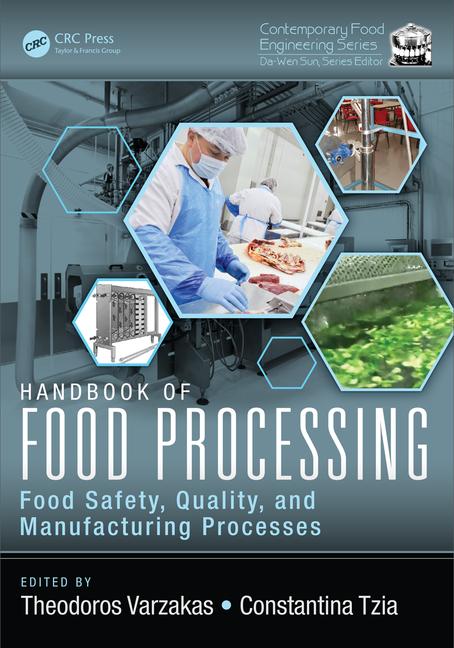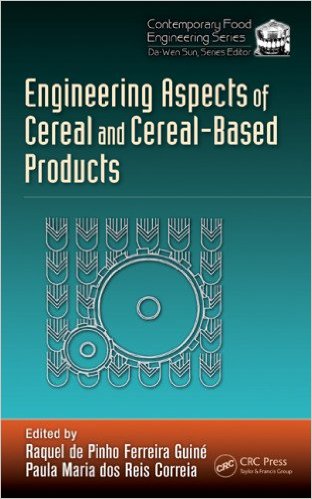Food safety, the fate of the U.S. economy and a number of burgeoning
issues highlighted The Long Company’s annual conference in Chicago.
Food safety, the fate of the U.S. economy and a number of burgeoning issues highlighted The Long Company’s annual conference in Chicago.
Specifically, to pay for greater food safety, some bills in Congress are proposing user-fees that could result in bakeries paying a disproportionate greater share than others in the food industry, noted Lee Sanders, American Bakers Association’s senior vice president, government relations and public affairs.
That’s because the proposed legislation doesn’t differentiate between actual production facilities and non-production ones such as bakery depots. Only about 10% of facilities produce product while nearly all others serve as warehouses and distribution centers of some kind, she says. The baking industry, she added, is seeking an exemption from user-fees for those non-production facilities.
Nick Pyle, president of the Independent Bakers Association, suggested that independent distributors may be swept up by those user-fees. Sanders and Pyle spoke along with Mike Cornelis, who serves as vice chairman of the Baking Equipment Manufacturers and Allied Association.
The panel cautioned that bakers and snack producers also could find their products subjected to a national sweets and beverage tax, which has been floated as a possible way to pay for part of much-debated health reform initiative. Although not currently on the table, such a tax could put grain foods on a slippery slope where some of them would be classified as “bad” or “good” foods, Pyle says.
On the positive side, the panel talked about the potential opportunities for the baking industry with the upcoming reauthorization of the child nutrition act and the 2010 Dietary Guidelines, which are up for review.
Those guidelines, however, could present some challenges for bakers, especially for those companies that produce bread and other similar products. Specifically, sodium and salt reduction could emerge as an issue because Americans consume so much bread-related products, many of which contain salt to enhance flavor or control yeast activity.
Al Bachman, The Long Company’s director of quality, research and development, noted that bakers can cut around 25% of salt out of formula easily, but it will cost significantly more to do so and would affect the taste of the bread, especially in side-by-side comparisons with other bread varieties that contain conventional amounts of salt.
Meanwhile, in an outlook on the economy, a former economist at the Federal Reserve Board, Russell Lamb of Econ One Research, observed that the consumer spending has been stalled and unemployment situation continues to worsen, which doesn’t bode well for the near future. In fact, he described job traction as “absolutely horrible,” although he added that the recession is similar to what the nation went through during the early 1980s and in the mid-1950s. Any suggestion that this year’s recession is the worst since the Great Depression, he noted, is a bit of an exaggeration.
However, if oil prices jump up to last year’s highs, he says, the impact would be “tremendous” on the U.S. economy. Although there is a significant risk in the near term, the food industry should be able to weather the storm.
“You’re in the safest position in the economy,” Lamb said.
Related Articles
Related Products
See More ProductsSee More ProductsEvents
View AllSubmit An Event-
June 14, 2012 Building a Regulatory Strategy for Marketing Food Supplements in Europe: The key steps to a successful product launch
×
Get our new eMagazine delivered to your inbox every month.
Stay in the know on the latest snack and bakery industry trends.
SUBSCRIBE TODAY!Copyright ©2024. All Rights Reserved BNP Media.
Design, CMS, Hosting & Web Development :: ePublishing

.png?height=200&t=1652819572&width=200)




